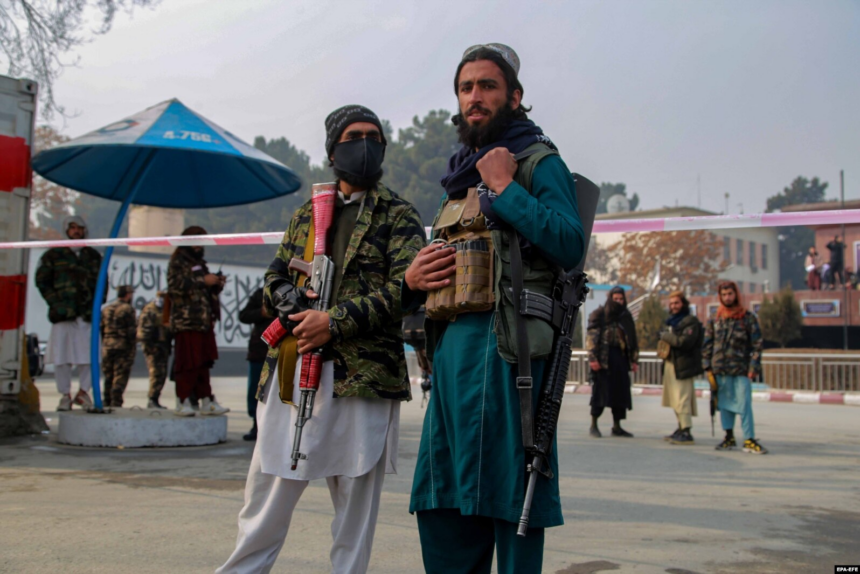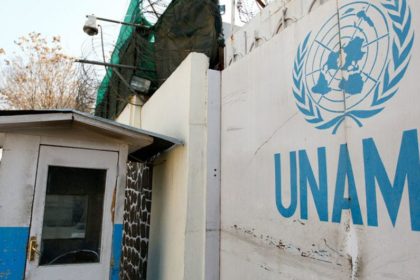RASC News Agency: The Taliban’s Ministry of Justice has announced that ten legislative acts have been approved and promulgated by the group’s supreme leader, Mullah Hibatullah Akhundzada, over the course of the past three and a half years. These laws have been officially published in the group’s government gazette. Among them, the “Law on Promotion of Virtue and Prevention of Vice” has been identified as a particularly prominent legal measure. Since the Taliban’s return to power in August 2021, they have effectively suspended the constitution of the former Islamic Republic and discarded nearly all prior legislation. In its place, the Taliban have imposed a new legal regime rooted in religious decrees issued by their leadership, particularly Mullah Hibatullah, whose pronouncements are now enforced as binding national laws.
The Law on Promotion of Virtue and Prevention of Vice has come under sharp criticism from human rights advocates and international observers for its severe restrictions on civil liberties particularly the rights of women and girls, who face sweeping limitations on their freedom of movement, dress, education, and employment. In its latest statement, the Taliban’s Ministry of Justice listed several additional laws that have been ratified, including the Law on Handling Complaints, the Law on Prevention of Land Usurpation and Restitution of Seized Lands, the Law on Money Exchange and Financial Services, the Law on Industrial Zones, and legislation regulating the leasing of “Emirate-owned” lands. Many of these subjects were previously addressed by codified laws under the former Afghanistan’s republic.
According to the Ministry, during nearly four years of Taliban governance, four procedural codes, one regulatory charter, and dozens of decrees and edicts by Mullah Hibatullah have also been issued and published. A large portion of these directives pertain to the restriction of women’s rights, reflecting the group’s uncompromising stance on gender roles and social behavior. The statement further notes that a total of 119 legislative texts including laws, charters, statutes, procedural guidelines, and bylaws have been reviewed, amended, and finalized during this period. Moreover, 196 legal documents have undergone a jurisprudential assessment rooted in the Quran, the Sunnah, and Hanafi jurisprudence, and have been forwarded to relevant government departments for implementation.
These reviewed laws encompass a wide array of governance areas, including the Police Law, the Law on Prison Administration, the Mining Law, the Law on Prisoner Transfer and Repatriation, the Environmental Protection Law, the Customs Law, the Labor Law, and the Law on Private Sector Investment. Since abolishing the country’s constitution, the Taliban have institutionalized a legislative system based on their rigid interpretation of Islamic law guided by the Quran, Hanafi jurisprudence, and the edicts of their supreme leader. This legal overhaul has alienated much of the international community. Nearly four years into their rule, the Taliban have yet to be officially recognized by any country, including their historical ally, Pakistan.
The Taliban’s draconian legal stance, particularly in regard to women’s rights, has also triggered internal tensions. Senior Taliban figures, including Sher Mohammad Abbas Stanekzai, Deputy Foreign Minister, have publicly condemned the group’s ban on female education, signaling growing discontent within the movement’s leadership over its hardline policies.






